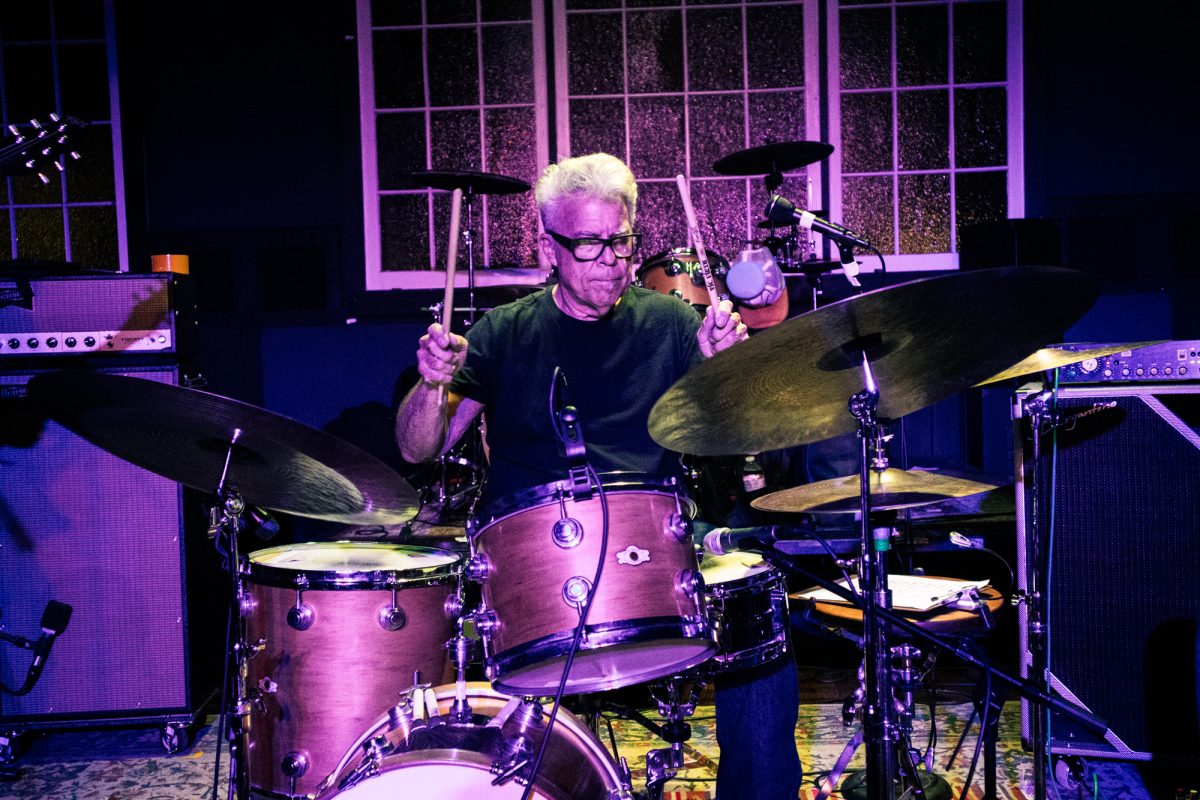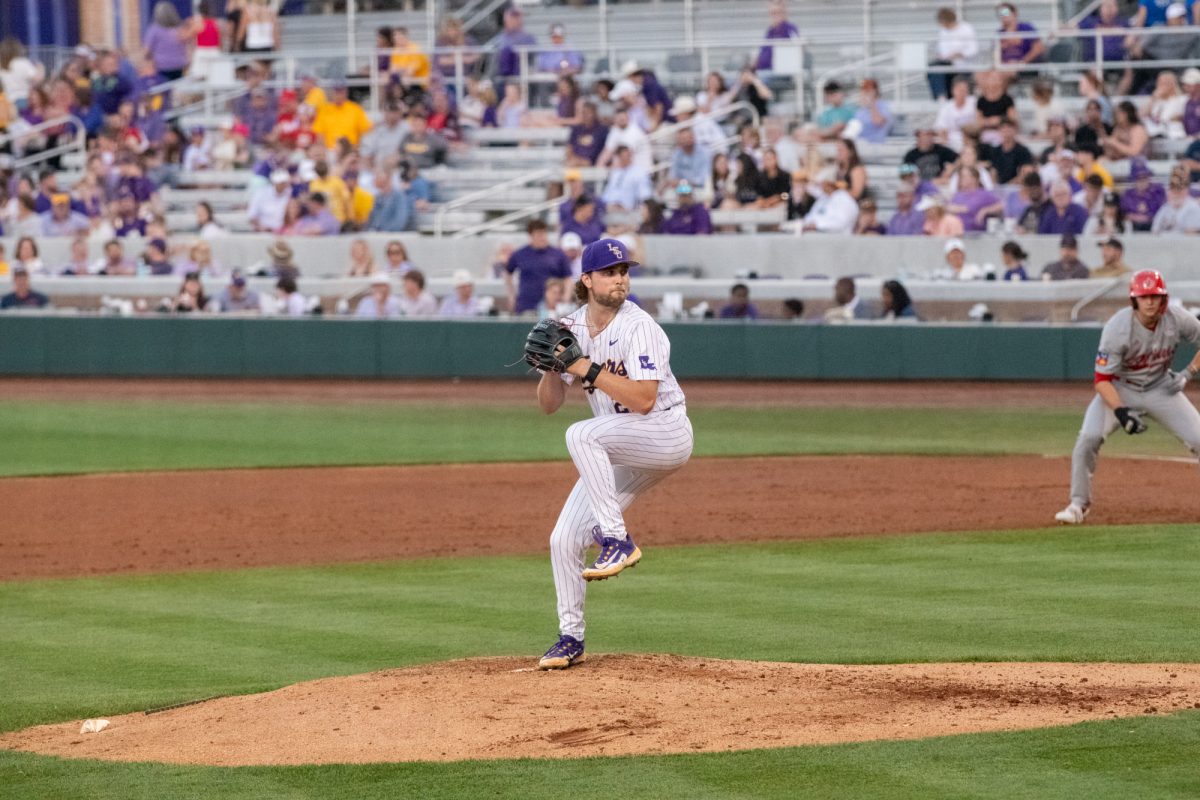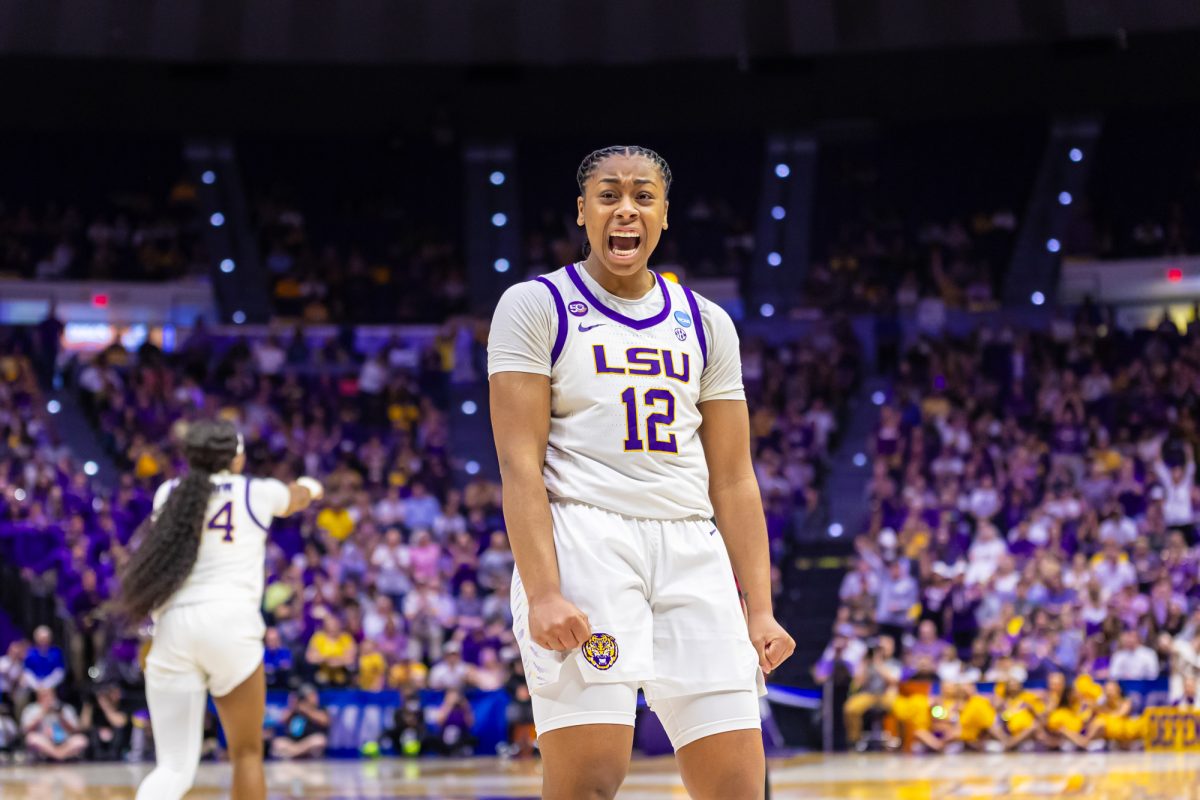Wikipedia celebrated its 10th birthday last month.
Like it or not — and most academic authorities don’t — the free, user-generated online encyclopedia is ingrained into our daily life and is almost synonymous with Google (though less eloquent as a verb).
To contextualize Wikipedia’s cultural significance, various media outlets supplied these statistics:
About 42 percent of Americans use the site, according to the Pew Research Center.
More than 13.5 million users edit Wikipedia’s entries, an ABC News article stated.
And 87 percent of those contributors are men, says Susan Gardner, executive director of the Wikimedia Foundation.
Of course, most of us couldn’t care less who wrote what on Wikipedia, as long as we find what we want.
The site’s usefulness is limited, anyway, when it’s not considered a citable, scholarly source — an image it seeks to change through its Campus Ambassador Training Program, which University instructor Kari Walters recently completed.
The same anonymity (i.e. lack of credibility) stunting Wikipedia’s intellectual integrity can also be applied to the gender survey’s results. What if the 87 percent contains some women who, for whatever reasons, chose not to identify as such?
Another perfectly plausible explanation for the gender gap: Maybe most women are simply too busy in the real world to participate in a time-wasting troll magnet devoid of authenticity and compensation.
Now consider my former colleague Cody Worsham’s sentiments: “Women’s and gender studies? Unless you’re studying a way to cook my dinner, clean my dishes and do my laundry faster, it’s time to plug this bleeding program.”
Worsham’s satirical budget cut resolution last semester — when, interestingly, I was the lone female columnist — may actually describe the attitude toward women in academia and public life.
In fact, as the New York Times reported, Wikipedia’s male dominance translates to women’s low involvement in offline “public thought-leadership forums” — including opinion sections like the one you’re reading.
Unlike Internet discussions and Wikipedia, politics and journalism constitute much higher stakes. Women receive credit and payment for their input, but the gender disparity is visible and quantifiable (The breakdown is 85-15 percent, in favor of men, by the way).
Such lopsided figures have sparked initiatives like the OpEd Project to encourage women to come to the debate table. It’s an admirable cause, but one wonders why it should be necessary.
I have a confession to make: Aside from my love of writing and disdain of most modern pop culture, I also applied for this job because, as a Daily Reveille reader, I longed to see more feminine perspectives in these opinion pages.
And now, in my second semester working with the paper, it’s a pleasure to be one of three female columnists.
The problem isn’t women being unqualified to make the team — it’s that few of us tried out.
It’s surprising, to say the least, given girls often outnumber guys in my Manship School classes.
But regarding who speaks up more during lectures, I submit to the wisdom of sociolinguists Deborah Tannen and Susan Herring: Boys are chatterboxes.
These professors’ research found women’s reluctance to articulate their ideas begins early in life and holds implications for their professional and online personas.
Such observations align strongly with the demographics of Wikipedia contributors and opinion journalists.
Lifelong journalist and teacher William Zinsser agrees: “I think this society, for all its famous freedoms, still squashes women into believing their story isn’t worthy enough to tell. … Speak up. You’re not going to be a journalist if no one can hear you.”
If a docile personality is indeed what the feminine gender prescribes, we have an obligation to overcome this biological stereotype.
Concerning Wikipedia, women probably consider a disreputable, authorless article not worth the troll-riddled publishing battle.
But in the struggle to have more diverse female voices represented in op-ed pages, there’s an argument worth making.
Kelly Hotard is a 19-year-old mass communication junior from Picayune, Miss. Follow her on Twitter
@TDR_Khotard.
—-
Contact Kelly Hotard at [email protected]
Pop Goes the Culture: Women writers rare on both Wikipedia, opinion pages
February 10, 2011






